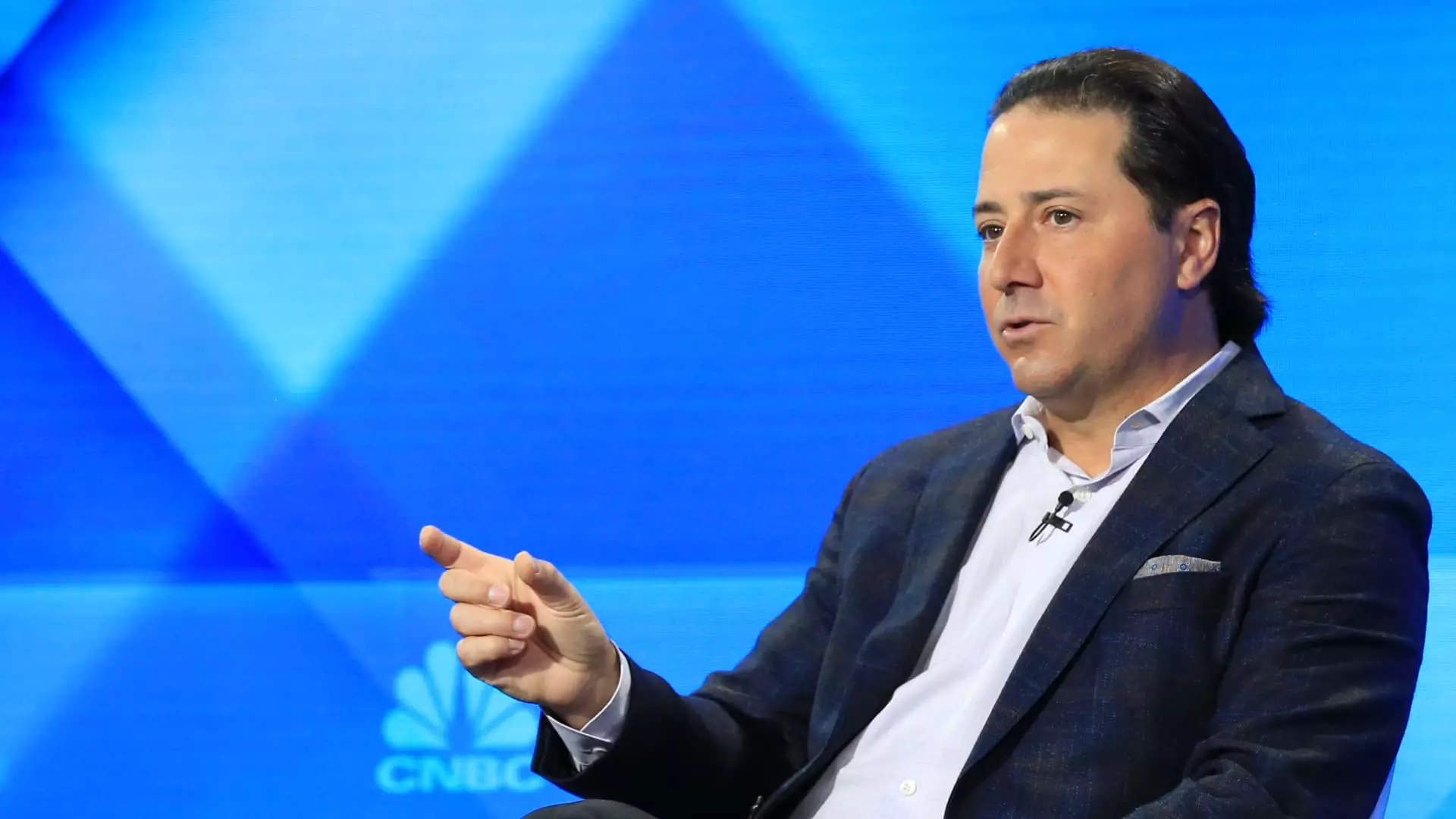The rapid expansion of private credit in recent years has sparked numerous concerns within the financial industry. One of the most prominent worries is the lack of experience the industry has in handling downturns. Unlike traditional banks, private credit firms have not yet faced a significant crisis on a large scale. This raises the pressing question of how borrowers will be impacted if a financial crisis were to occur.
Jamie Dimon, Chairman and CEO of JPMorgan, highlighted the potential risks associated with private credit during an investor event. Dimon expressed concerns about the fate of borrowers who have taken private credit loans once a crisis hits. Unlike banks, which tend to work with borrowers during times of crisis, private credit firms are required to book loans at par as a fiduciary responsibility in the mark-to-market world of private credit. This lack of experience in dealing with high interest rates, recessions, and high spreads raises uncertainties about how private credit firms will handle workouts in future crises.
Conflicting Views on the Industry’s Resilience
While Dimon’s comments raised alarms about the industry’s preparedness for a downturn, Ares Management CEO Michael Arougheti offered a differing perspective. Arougheti defended the private credit industry’s track record and ability to withstand stress by refuting Dimon’s claims. According to Arougheti, Ares Management has a long history of success in private markets, with a minimal loss rate over 30 years. This conflicting stance between industry leaders adds to the debate over the resilience of private credit in times of crisis.
Despite concerns over the industry’s preparedness for a crisis, some argue that the growth of private credit could actually reduce systemic risk. Ares’ Executive Chairman Tony Ressler emphasized that assets moving to private credit are held by companies with low leverage and stable funding sources. This shift could help mitigate risks traditionally associated with highly leveraged institutions that rely on short-term liabilities or customer deposits for financing.
The Federal Reserve’s analysis of default rates in private credit compared to traditional bank loans revealed mixed findings. While private-credit loans showed relatively low recovery rates upon default, the sector’s exposure to industries with less collateralizable assets may contribute to this trend. As private credit continues to grow and intertwine with traditional banking, the industry faces challenges in managing risks and recovery rates effectively.
As private credit becomes more interconnected with the broader financial landscape, institutions like JPMorgan are taking proactive measures to navigate potential downturns. JPMorgan is heavily involved in financing private-credit portfolios and has developed strategies to enhance its capital deployment in this space. With the looming threat of an economic downturn, the ability of private credit firms and traditional banks to weather the storm remains a critical concern for the financial industry as a whole.

